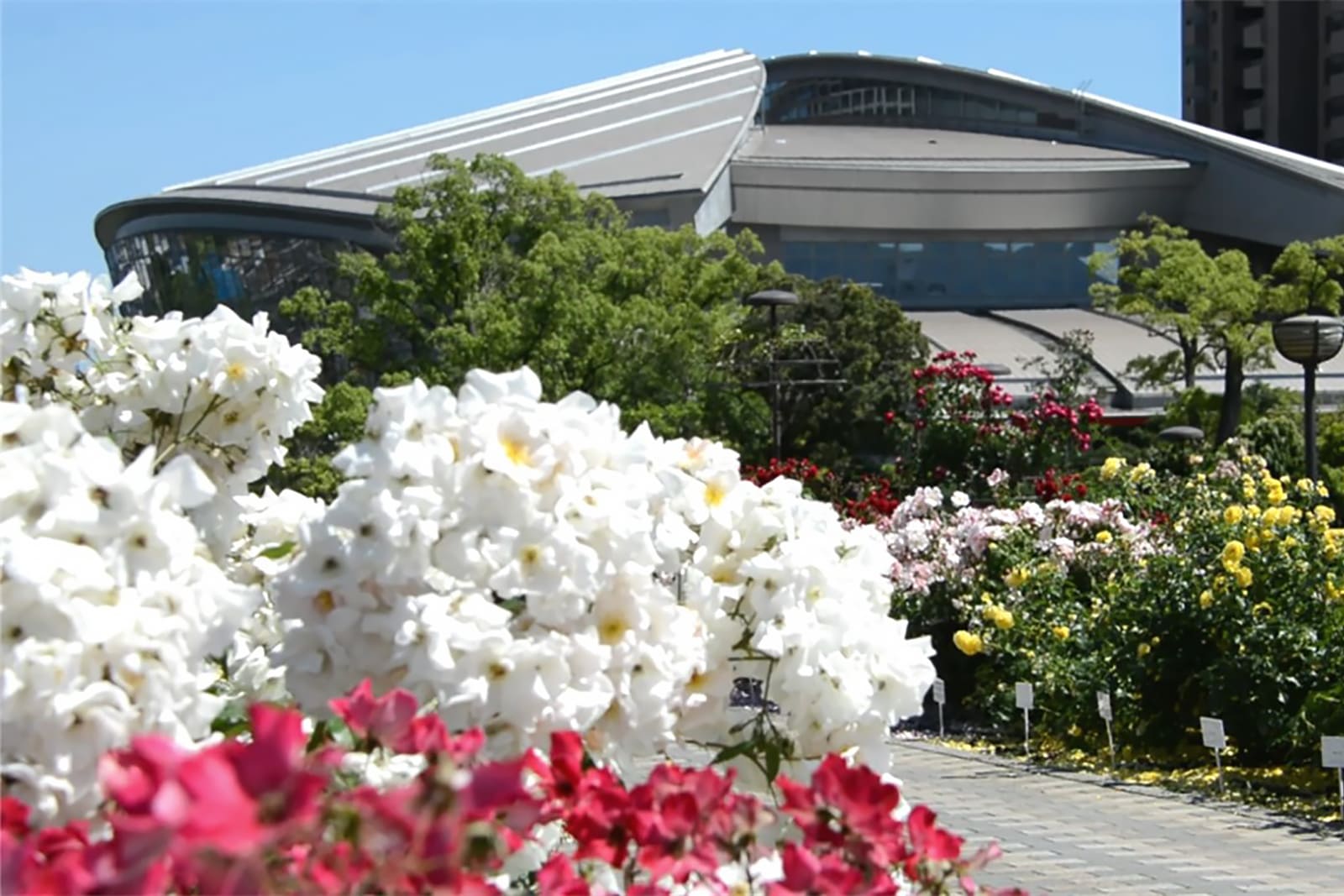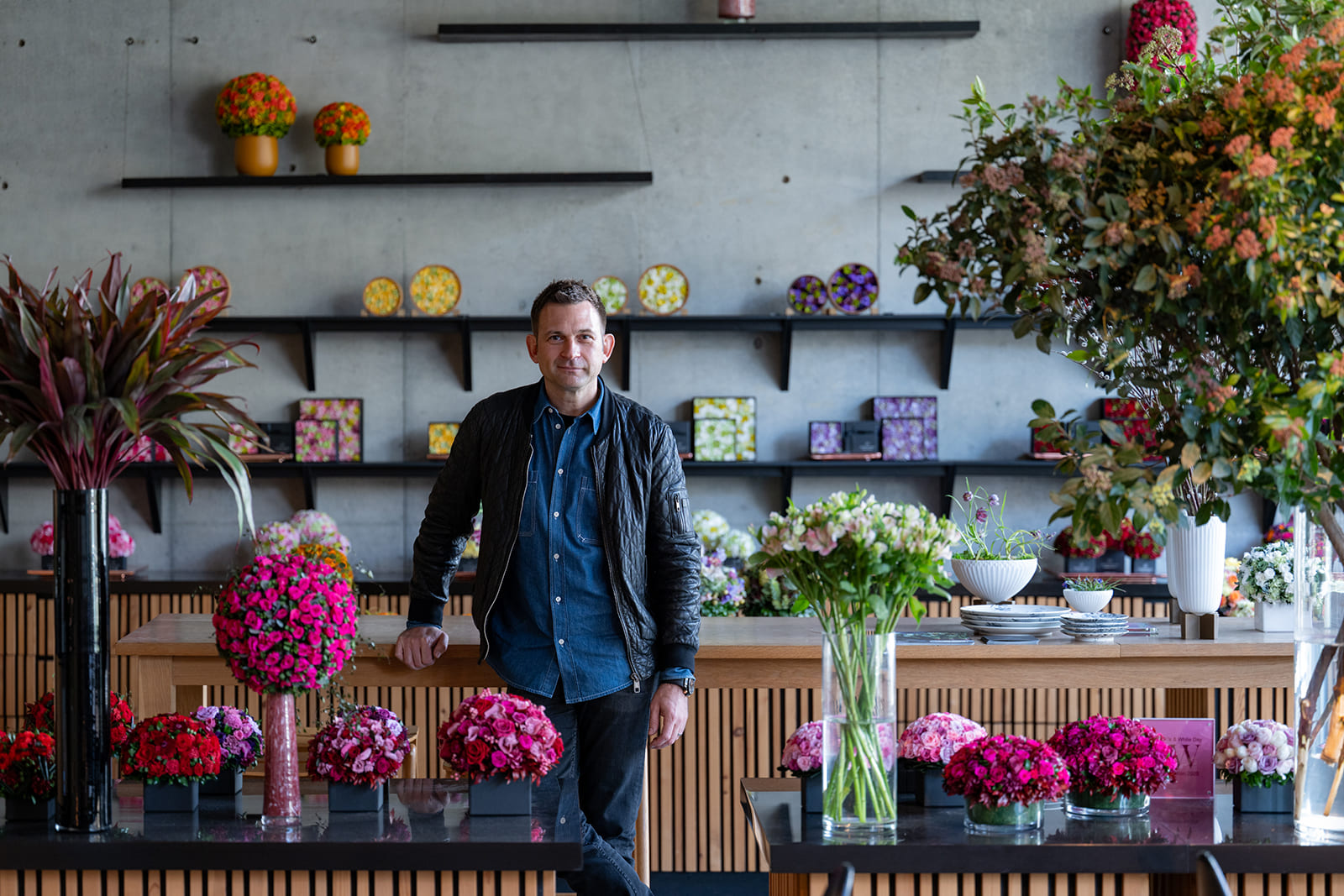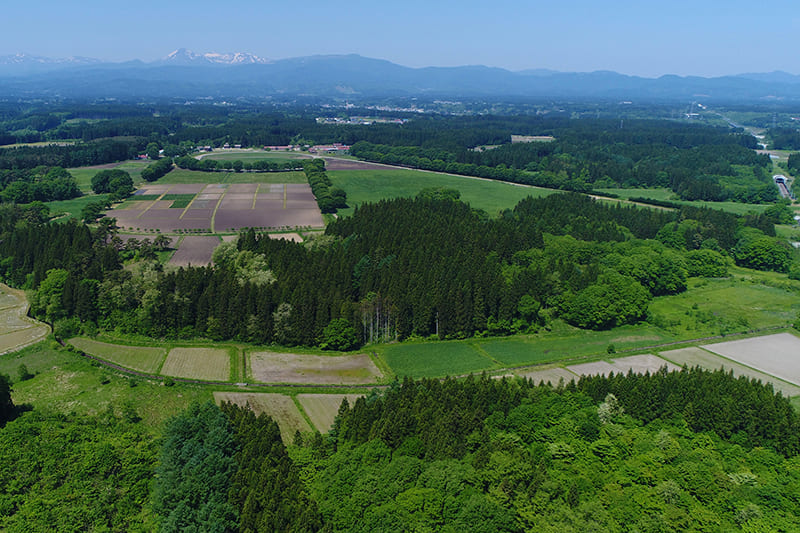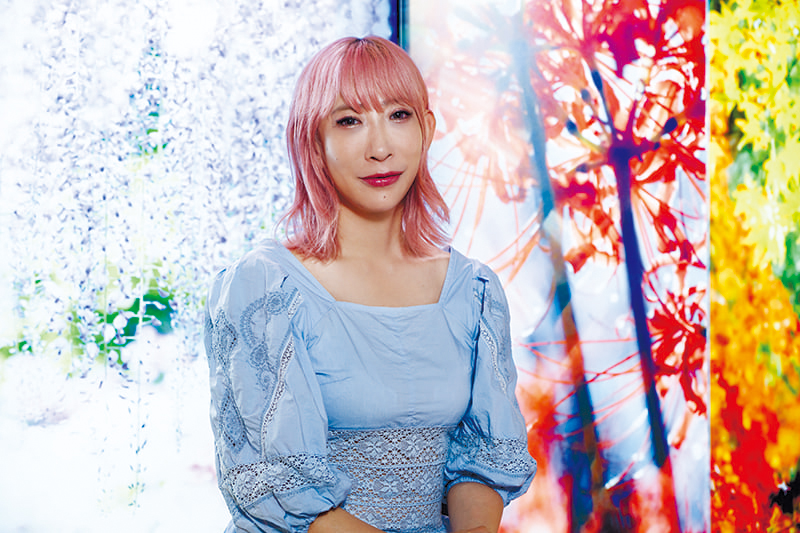March 28, 2025
Afrika Rose founder cares for jobs, organic flowers
FAIR TRADE
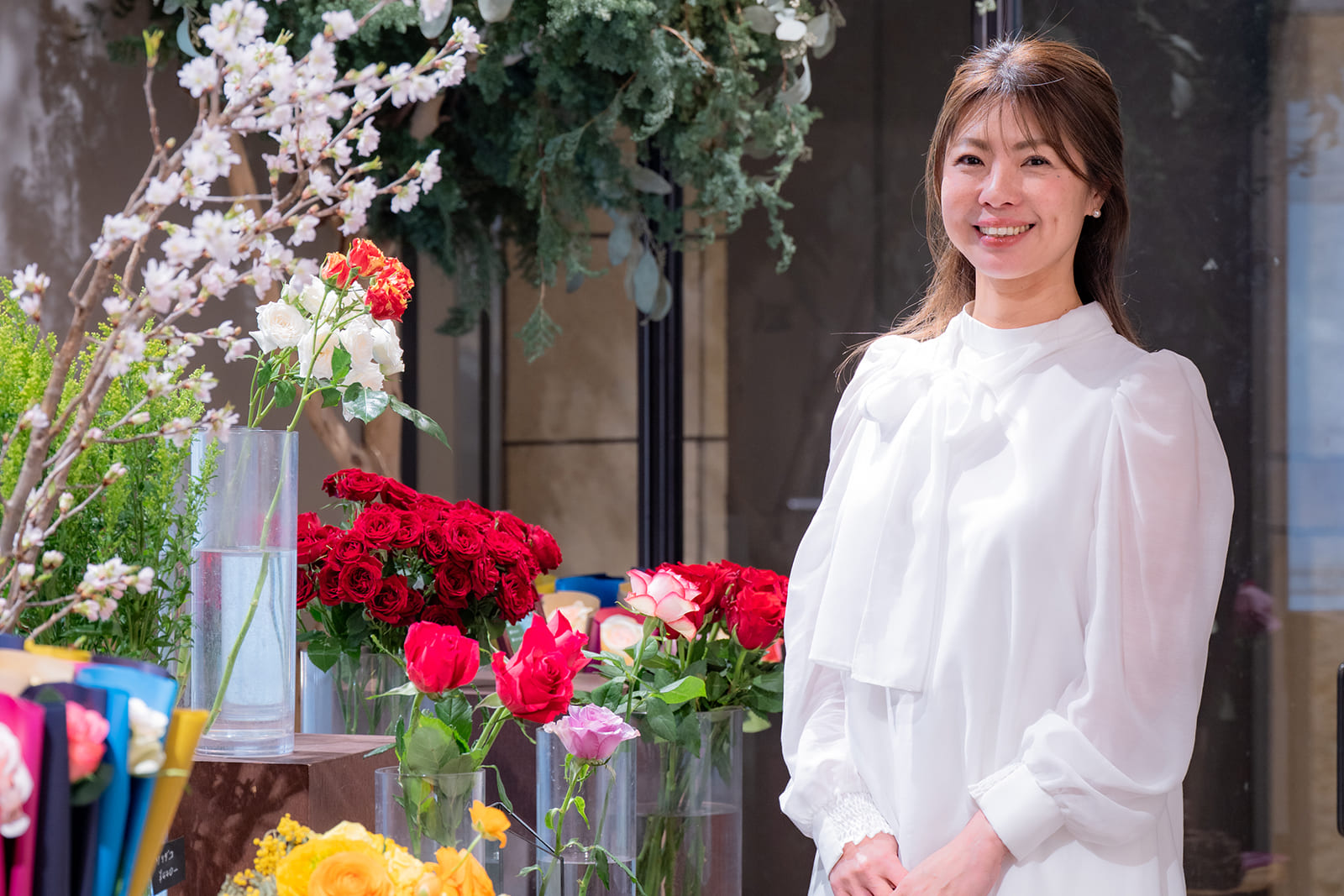
PHOTO: TAKAO OHTA
Flowers have so many positive effects on our lives — cheering us up, consoling us, even facilitating our relationships. But how often do we stop to wonder who grows them, and where, and how they got to us?
Many of the flowers imported by developed countries like Japan come from African countries like Kenya or equatorial South American countries like Colombia or Ecuador. Some may have been grown by exploited, low-paid workers, or grown with health-damaging pesticides, or be linked to environmental problems like soil or water pollution. Such impacts are rarely quantified, making it difficult to ascertain the true cost of our flowers.
Megumi Hagiuda, the founder of the fair-trade florist Afrika Rose and the current president of the Slow Flower Association, decided at the age of 29 to quit the pharmaceutical company job she had held since university and headed off to Kenya to volunteer for six months with an NGO that supported school construction. Earlier, when she had been studying at an American university, she participated in a mock United Nations and learned about the poverty, environmental degradation and other problems that afflict Africa. She decided then that she would one day work for an international organization.
Determined to make that goal a reality, she landed in Africa in 2011 — and during her time there, she had a fateful encounter with beautiful Kenyan roses that had large flowers and thick stems and were full of vitality. She started a rose-importing business soon after returning to Japan, careful to try to apply the principles of fair trade and also contribute to job creation in Kenya.
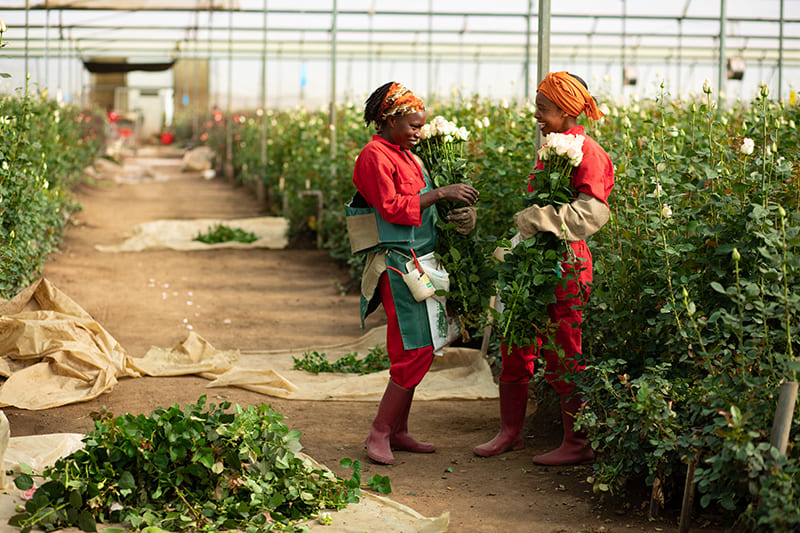
COURTESY: MEGUMI HAGIUDA
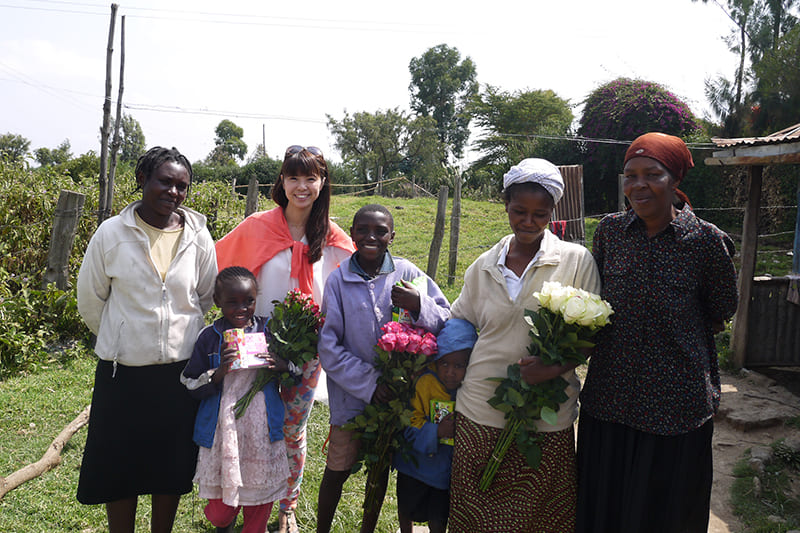
COURTESY: MEGUMI HAGIUDA
“Even where there were schools in Kenya, I saw children who couldn’t attend because they had to work, and I saw adults who had become dependent on aid from developed countries. It occurred to me that by going into business importing high-quality roses from Kenya, I could help solve the problem of poverty. I knew that ‘aid’ would create dependency, but if we imported flowers in line with fair-trade principles, we could create employment and not dependency,” she explained.
Kenya’s two largest exports are tea and flowering plants. According to data compiled by JETRO based on a survey by the Kenya National Bureau of Statistics, together they accounted for two-fifths of the nation’s exports in the 2023 financial year, at 20.8% and 20.7% respectively.
Against this backdrop, Hagiuda’s first goal was to import 2,500 flowers. She approached a number of farms, but none of the large-scale plantations would see her. The flower farm that did listen was near Lake Naivasha, run by a Kenyan of Indian descent. It employed many single mothers and used no child labor. The working conditions were also good, with free lunches provided in the cafeteria and a 24-hour clinic on the farm. In recent years, many workers had moved to the farm from coffee and tea plantations.
In 2012, Hagiuda founded the company that now operates the Afrika Rose stores. As the business progressed steadily, she became more conscious of environmental concerns as well as job creation, and so in 2020 she introduced a “carbon offset fee” that asks for a voluntary donation of ¥5 per rose purchased in order to help offset the carbon dioxide emitted by its transportation, estimated at 1.4 kilograms. Meanwhile, the CO2 absorbed by a single tree over its lifetime is 1 ton. So the company sends a monthly donation to a tree-planting organization in Kenya, funding 20 trees.
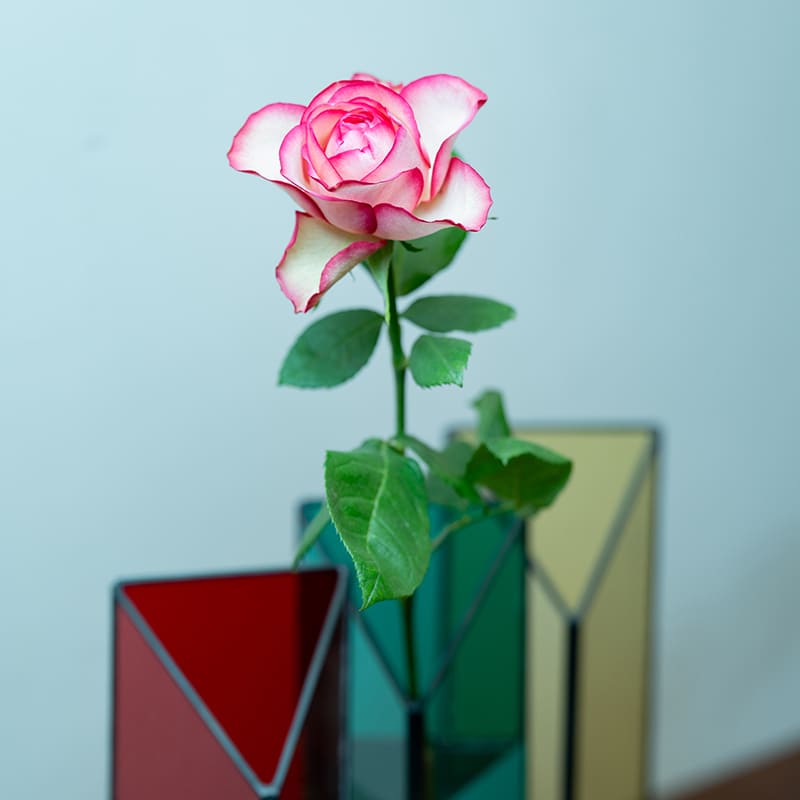
PHOTO: TAKAO OHTA
At the end of September 2023, Hagiuda retired as company director and from her role managing Afrika Rose. She continues to be involved with the store but has also stepped up her environmental efforts through the Slow Flower Association, which she launched in March 2023.
The concept of “slow flowers,” which originated in the U.S., is akin to the “slow food” movement from Italy. The idea is that seasonal flowers are grown using organic methods for local consumption, thereby benefiting producers, consumers and the environment. Hagiuda says that while farms producing truly organic flowers remain rare, she is starting her efforts by looking at ways to revive microorganisms in the soil and creating flower gardens that utilize their power.
“While people have learned to care about organic food, there are not many who are interested in organically grown flowers. And yet the use of chemical fertilizers and pesticides may lead to loss of microbial diversity and possibly to health hazards. I look forward to continuing activities that prompt people to consider the question, ‘Are you keeping the Earth in mind when you buy your flowers?’” she said.
MEGUMI HAGIUDA
Founder of Afrika Rose and president of the Slow Flower Association. Born in Tokyo in 1981, Hagiuda moved to the U.S. at the age of 18 and graduated from California State University. In 2011, she left her job and went to Kenya to volunteer with an NGO for six months. During that visit she encountered local roses. After returning to Japan, she launched an online store in 2012 and started selling roses from Kenya. In 2015, she opened Afrika Rose, a store specializing in African roses. In 2023 she launched the Slow Flower Association.
https://afrikarose.com/
〈アフリカローズ〉創業者の花を巡る挑戦。
美しい花がどこでつくられてものなのか、どういった人が育て、どのようにして自分の元までやってきたのかを意識したことはあるだろうか? 先進国が輸入する花の多くは、ケニアやコロンビアやエクアドルといった国で生産されたものが多い。なかには低賃金による労働搾取のうえで栽培されたものや、農薬散布により労働者の健康被害を生んだり、生産地に土壌汚染・水質汚染などの環境問題を引き起こしているものがあるかもしれない。
「AFRIKA ROSE」創業者で、現在は一般社団法人「スローフラワー協会」代表理事を務める萩生田愛は、大手製薬会社を辞めて単身ケニアに渡り、ボランティアに半年間従事した。その際、生命力あふれる美しいケニア産の薔薇に出会い、帰国後、雇用創出とフェアトレードを組み込んだバラ輸入事業をスタートさせた。
「スローフラワー協会」では花を通して、地球環境や生産者の生活環境をより良いものにしていくための活動を行っている。「地球を意識して花を買っていますか? という問いかけを行っていく活動をしてきたい」と語る。
Return to Sustainable Japan Magazine Vol. 46 article list page

